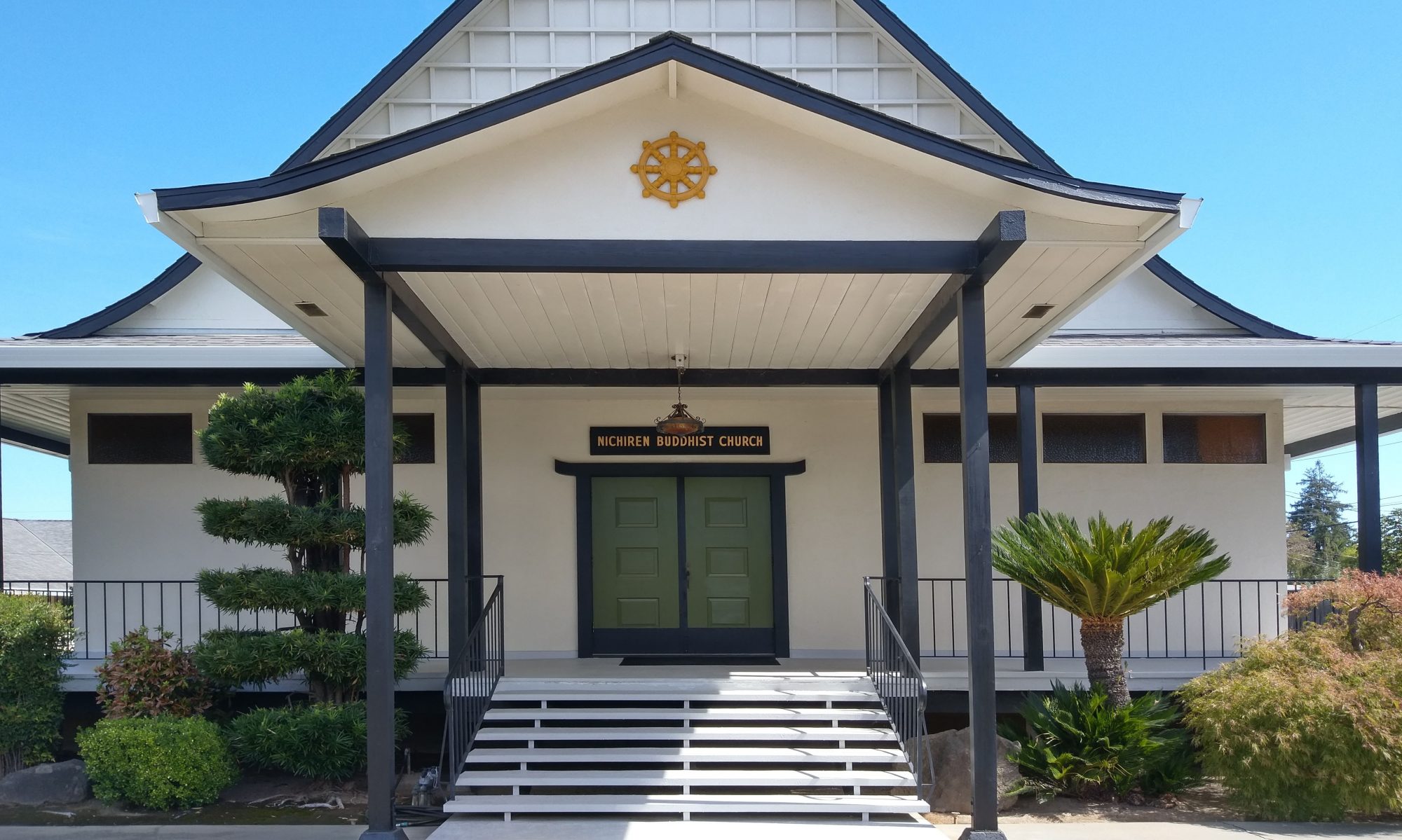I would like to first start by wishing everyone a Happy New Year. In Japan, late December is an important time when many families prepare for the New Year in various ways, including cleaning any accumulated dust around the house. This is especially important for temples, given the significance of “cleaning” in Buddhism. After being ordained as a minister, the first lesson I learned was how to clean. I must admit that in the beginning, I did not think the task would be too difficult. This is because as a child, I had been taught how to clean not only my school and house, but also my general surroundings, such as picking up any trash in public areas. I soon realized that cleaning the temple was a much more demanding task, requiring great attentiveness to detail. In fact, I was taught to not even leave a spec of dust behind. However, this concept of “cleaning” emphasizes not only the physical act of dusting the temple and our surroundings. It also teaches us to reflect on our own actions and any wrongdoings we may have done in the past. It is an opportunity to purify our mind.
To better understand this, I would like to tell you a story about Cudapanthaka, a disciple of the Sakyamuni Buddha. He was a very slow learner, so much so that it would take him approximately three to four months to memorize a single verse that the Buddha taught him. Children listening nearby would memorize the verse before him and would ultimately end up teaching him instead. His older brother, also a disciple of the Buddha, was quite the opposite of Cudapanthaka and known to be very clever and smart. Disappointed by Cudapanthaka, the older brother one day approached him and said, “There is no reason for you to be in this Sangha. Just leave.” Upset by his brother’s words, Cudapanthaka sat and cried tears of sadness. Eventually the Buddha approached him to ask the reason behind his tears. After explaining the situation, the Buddha grabbed a broom and told him, “Take this broom and use it whenever you are cleaning. As you are cleaning, repeatedly recite the following words: clean the dust, purify the mind.” Cudapanthaka did as he was told, trying his best to memorize and recite this phrase, while cleaning every nook and crevice he could find in his surroundings. It is said that he ultimately achieved enlightenment, by both the physical act of cleaning and the simultaneous purification of his mind.
This will be my 29th year since first arriving at this church. Throughout these years, I have continued to clean the church in various ways, including dusting the inside of the temple, mowing the lawn, doing carpentry work, as well as painting the buildings. Many people who do not know this have mentioned to me at some point or another that the Sacramento Nichiren Buddhist Church has a good gardener and janitor.
I continue to clean the church and its surroundings because it is not enough for the church building to simply be in existence—it must always be physically clean. This is because the church is a place where everyone can purify his or her mind. It is not possible to do this if the church is not clean. My job as a minister is to help purify people’s minds. I have made various efforts to purify my own mind in order to perform this task. This includes my kaji kito training in Japan, where I both purified my own mind, while learning how to use kito to better help an individual cleanse their spirit.
I hope that whenever you physically clean your surroundings this year, you will also use that time as an opportunity to reflect and purify your own mind.
Ven. Kenjo Igarashi
January 2018
